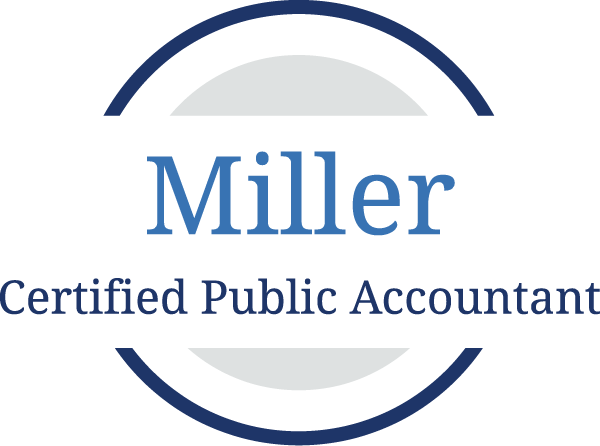There are many business entities that owners can consider when choosing to incorporate. The two most popular are Limited Liability Companies (LLCs) and Subchapter S Corporations (S-Corps). Although both are ‘pass through’ entities and provide liability protection they differ in terms of operational ease, administrative requirements, profit-sharing, and tax implications. Before choosing one consider which structure will work best for you and your business.
An LLC is a business with a structure similar to a sole-proprietorship or general partnership. It is designed to limit your legal liability as a business while maintaining the tax efficiencies of being self-employed. An LLC is a ‘pass through’ entity which means that all profits and losses are passed through the business to the owner or owners. From a tax standpoint this means that the income from the business is reported on the owner’s tax return and taxed at the owner’s income tax rate.
From a functionality point of view LLCs are pretty easy. They don’t require a lot of paper work to set up, they do not have to have formal meetings, and profit sharing is decided by the owner or owners as they see fit. This ease in functionality is because there is only a small degree of separation between the LLC and its owner. With this ease in functionality comes a tax disadvantage. Since the owner or owners of the entity are considered self-employed they are required to pay the 15.3% self-employment tax which goes towards Medicare and Social Security. Therefore all profits of the LLC are subject to this self-employment tax.
An S-Corp is also a ‘pass through’ entity like an LLC, however unlike an LLC it is a completely separate entity from its owner. Even though an S-Corp is a separate entity it is not taxed like a normal corporation, a C-Corp. The profits and losses still flow directly to the owner’s personal return with one exception. If an owner, called a shareholder in the corporation, works for the company, the company must pay him or her reasonable compensation for the work they do.
One of the best features of the S-Corp is the tax savings for you and your business. With an LLC all of the earnings are subject to the self-employment tax. Conversely with an S-Corp only the wages paid as reasonable compensation to shareholders who are employees are subject to the employment taxes. The remaining income is paid to the owner as a distribution which is taxed at normal income tax rates.
All of these tax savings come with a price though. The first is that some benefits like health insurance and life insurance are treated as taxable income to the shareholder if a shareholder owns more than 2% of the corporation. The second drawback of an S-Corp comes from the fact that it is a separate entity. As a separate entity it has to have a formal structure, shareholder meetings have to take place, minutes from those meeting have to be written, by-laws have to be maintained, and stock transfers have to be recorded. In addition to this structure many more forms have to be filed with the IRS.
